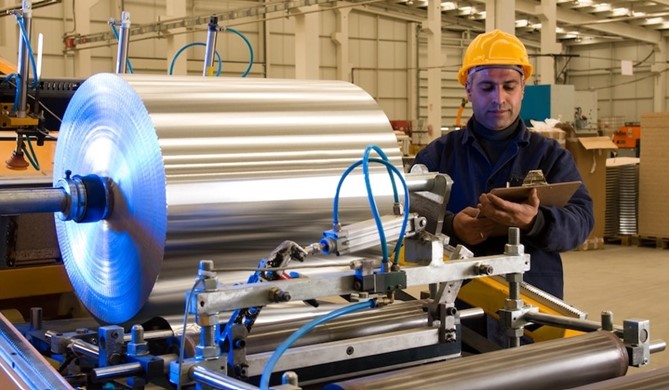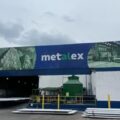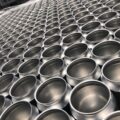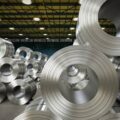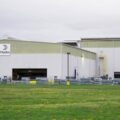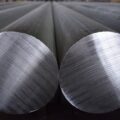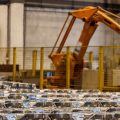RUSAL, the world’s leading aluminum producer, has announced that it will begin using ALLOW INERTA, a type of primary aluminum with the world’s lowest carbon footprint, in the manufacture of its SAYANA sheet.
KrAZ has shipped the first 20 tons of ALLOW INERTA aluminum from its pilot industrial plant in Krasnoyarsk to the SAYANAL sheet rolling mill. This film will be used in the production of the premium SAYANA brand.
RUSAL Sales and Marketing Director Roman Andryushin announced that the company continues to make progress in its goal of achieving carbon neutrality. In addition, he mentioned that they are working to assist their partners in their decarbonization goals. To this end, production volumes of ALLOW INERTA aluminum, which has a low carbon footprint and is becoming an important product for companies committed to sustainability in their supply chain, have been increased. By using primary aluminum with a low carbon footprint in sheet production, RUSAL promotes the use of eco-friendly materials among end consumers.
More and more consumers are concerned about the environmental safety of the products they buy. According to international surveys, people prefer to buy products whose production has the least impact on the environment. For example, studies have shown that sales of ESG-labeled products have increased by 28% over the past five years, while products without such a label have increased by only 20%. RUSAL is a company that produces aluminum with a low carbon footprint and uses recycled metal in its products, which supports the green economy and gives consumers the opportunity to contribute to this process.
During 2021, the first shipments of ALLOW INERTA aluminum were made from the experimental industrial plant of the aluminum smelter located in Krasnoyarsk to leading companies in different industries. During this test period, more than 4,100 tons of this metal were successfully produced.
A new technology has been implemented in the production of primary aluminum, consisting in the use of anodes made of non-consumable materials. This innovative approach has significantly reduced greenhouse gas emissions during the electrolysis process. Thanks to the use of inert anodes, both direct and indirect emissions (Scope 1 and 2) have been reduced to only 0.01 tons of CO2-eq per ton of aluminum produced. Compared to the industry average of 12.5 tons CO2e, this represents a large decrease in environmental impact.
According to RUSAL’s technical director, Victor Mann, the company is focused on developing inert anode technology as a priority and aligned with the principles of sustainable development. They are seeing a growing interest in the industrial use of ALLOW INERTA aluminum and plan to expand it to more industries in the near future.

